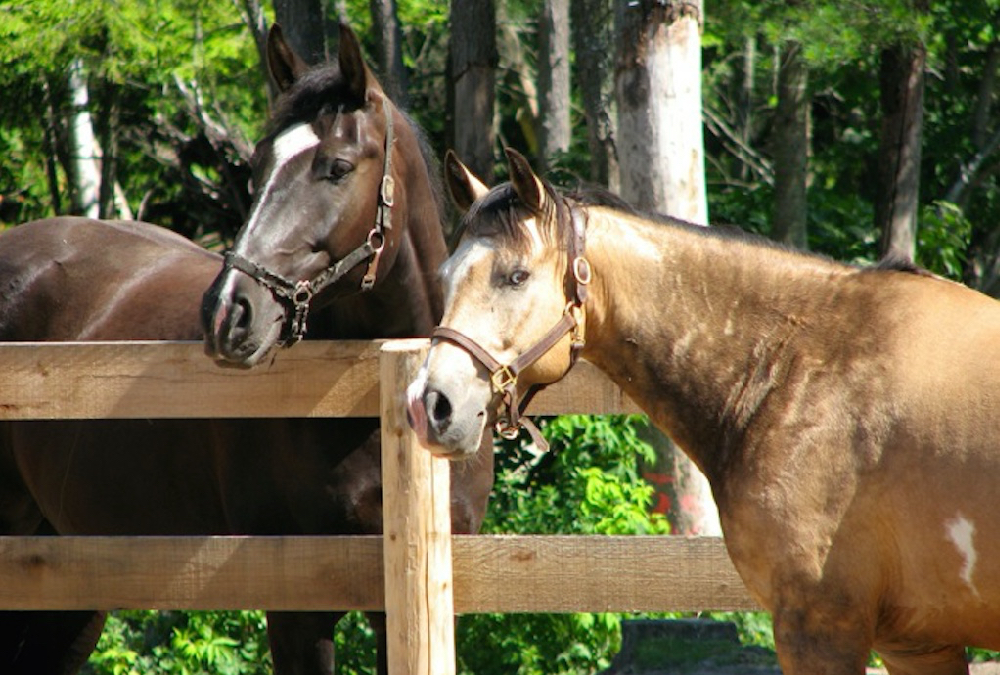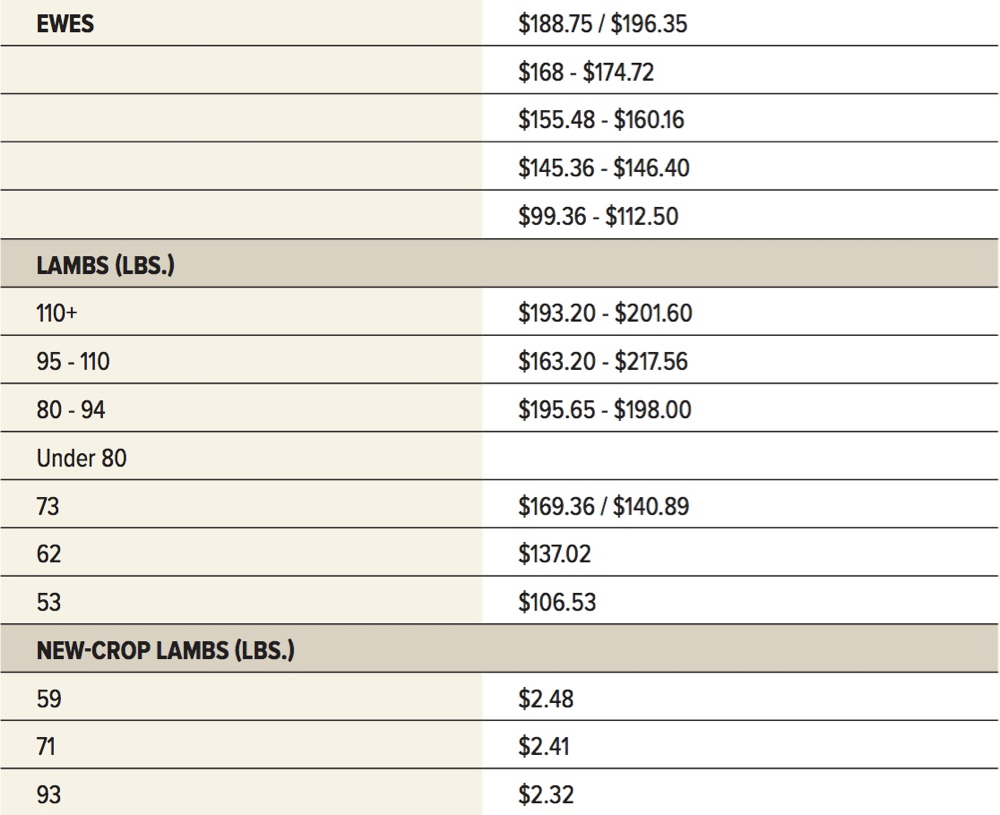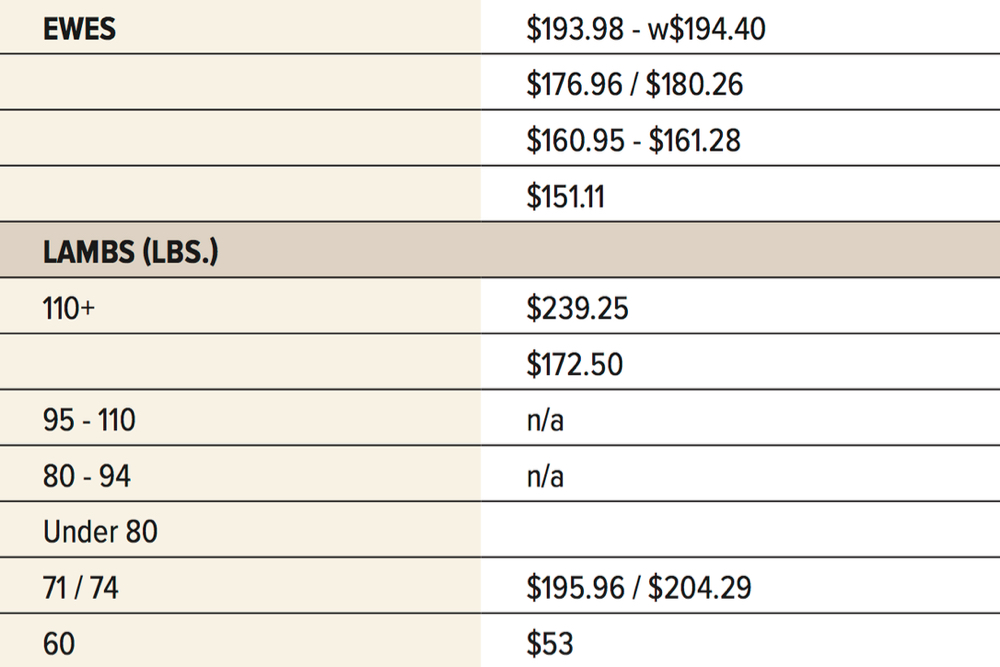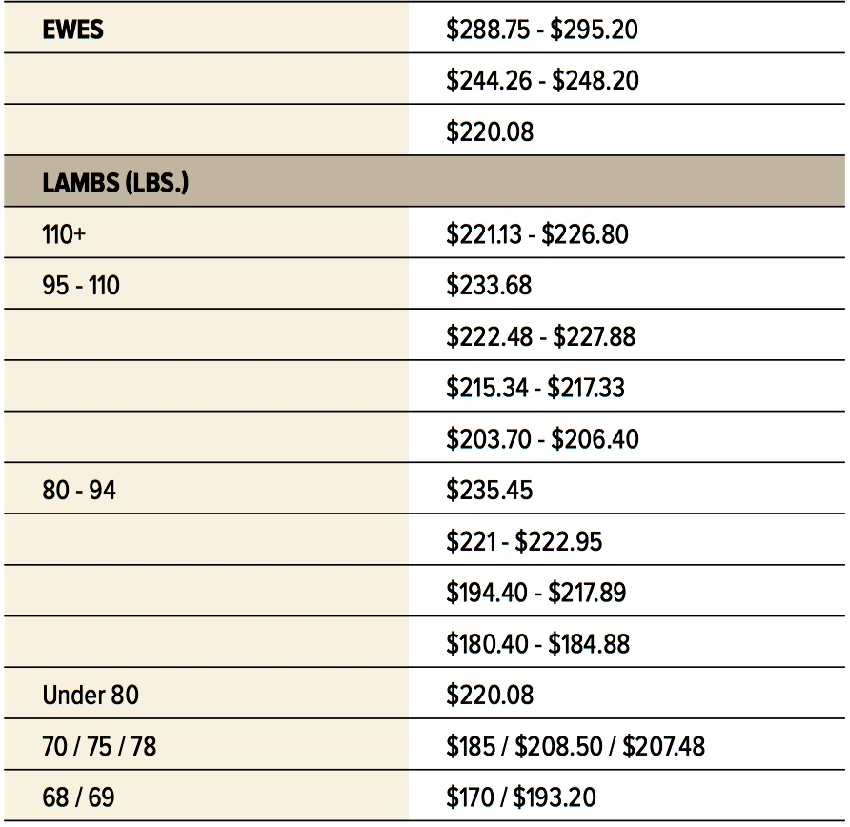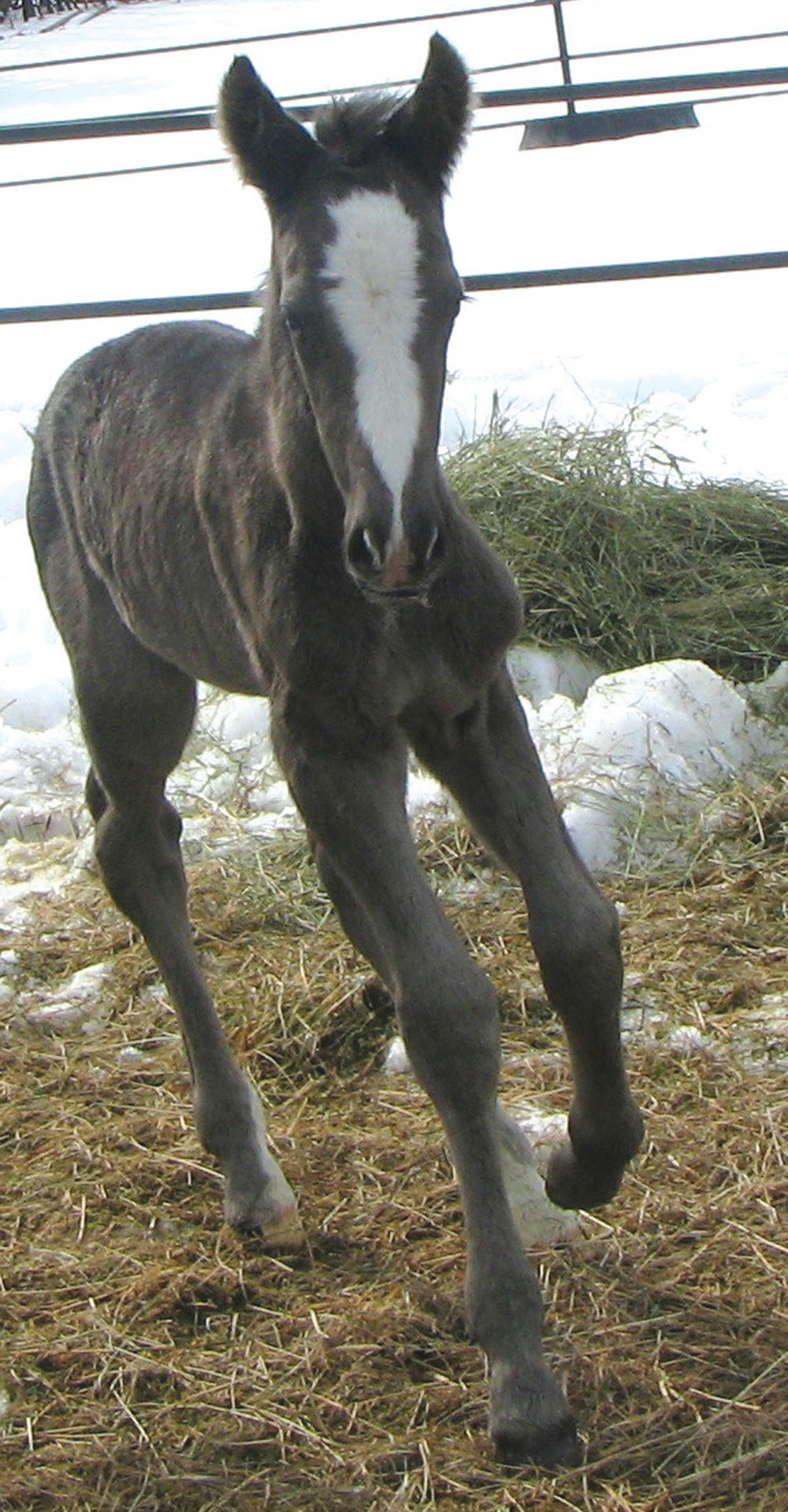Companionship enhances the lives of horses and can present itself in a number of surprising and unique packages.
Horses are social creatures! They rely on social interaction for security, social status, emotional support and amusement and are unique in that they will easily befriend creatures beyond their own species.
The ideal companion for a horse is, of course, another horse, whom provides the social benefits of belonging to a “herd.” This is becoming a popular option for retired horses that no longer serve in their prior performance capacity. This arrangement can work well for younger horses.
Read Also
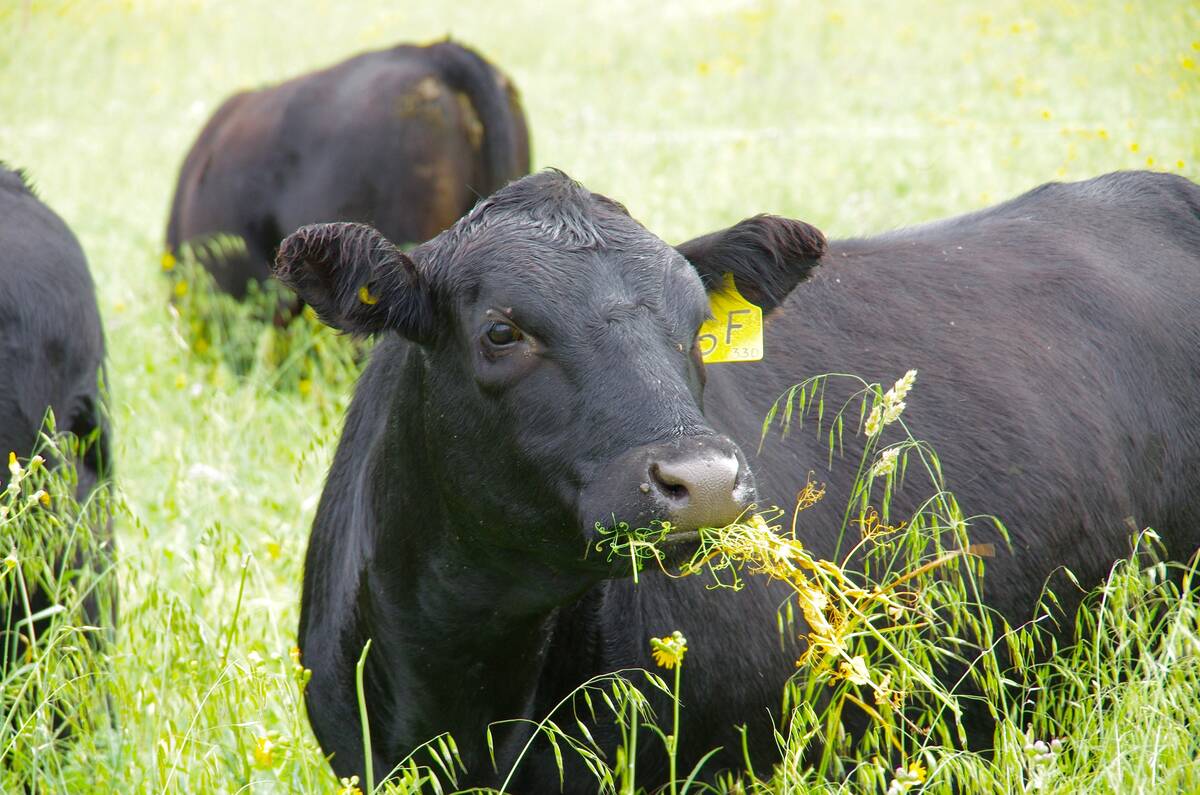
Canadian cattle industry has wins to shout about
Canada’s cattle management has become more efficient, more humane and more knowledgeable, but industry terms may not resonate with the general public.
Personality and health are important considerations when either finding a home for a companion horse or when accepting to be a home for a companion horse. Older geldings can make good “babysitters” for youngsters bringing emotional stability and steadiness to a growing mindset. A calm, well-seasoned personality is always a welcome asset.
There are many agreements that can be reached when a horse is placed as a companion and it is up to each party to define their obligations. At times companion horses can be “adopted” at no charge but come with visiting rights and at other times the horse may be bought and all ties with the prior owner are dissolved.
Other members closely related to the horse family such as ponies and donkeys can serve as great companions. A pony’s large personality seemingly compensates for their smaller body size, and they often become herd leaders, acting as an equine Napoleon of sorts.
Donkeys have a calm, steadying influence on horses. It is a wonderful companion to a foal at weaning and donkeys have been used to calm nervous
show horses, racehorses, and horses recovering from injury.
Other “odd” couple arrangements can occur. No doubt the horse knows the difference between a goat and a horse, yet there is a quality of “presence” or chemistry that develops between two beings that is undeniable. Just as humans can connect with another species, so can horses. Therefore surprising stories are told of horses whom bond with
many creatures forming an “odd” couple, but a couple nonetheless.
Goats are a familiar companion to horses. Their upkeep costs are relatively low as goats do well in small spaces on simple diets. Goats themselves easily bond with horses. With a little self-education on the care of goats they can readily fit into your program.
Cats, dogs, chickens, cattle, sheep, and alpacas can all serve as companions for a horse. All animals have different personalities, whether they be horses, goats, chickens or people. Therefore use common sense when introducing different animals to one another and to yourself, for they serve as a companion not only to your horse but to you as well. At times friendships are formed quickly, while other friendships take time and space.
Companionship enhances the lives of horses and can present itself in a number of surprising and unique packages.
And do remember that you too function as a companion.


